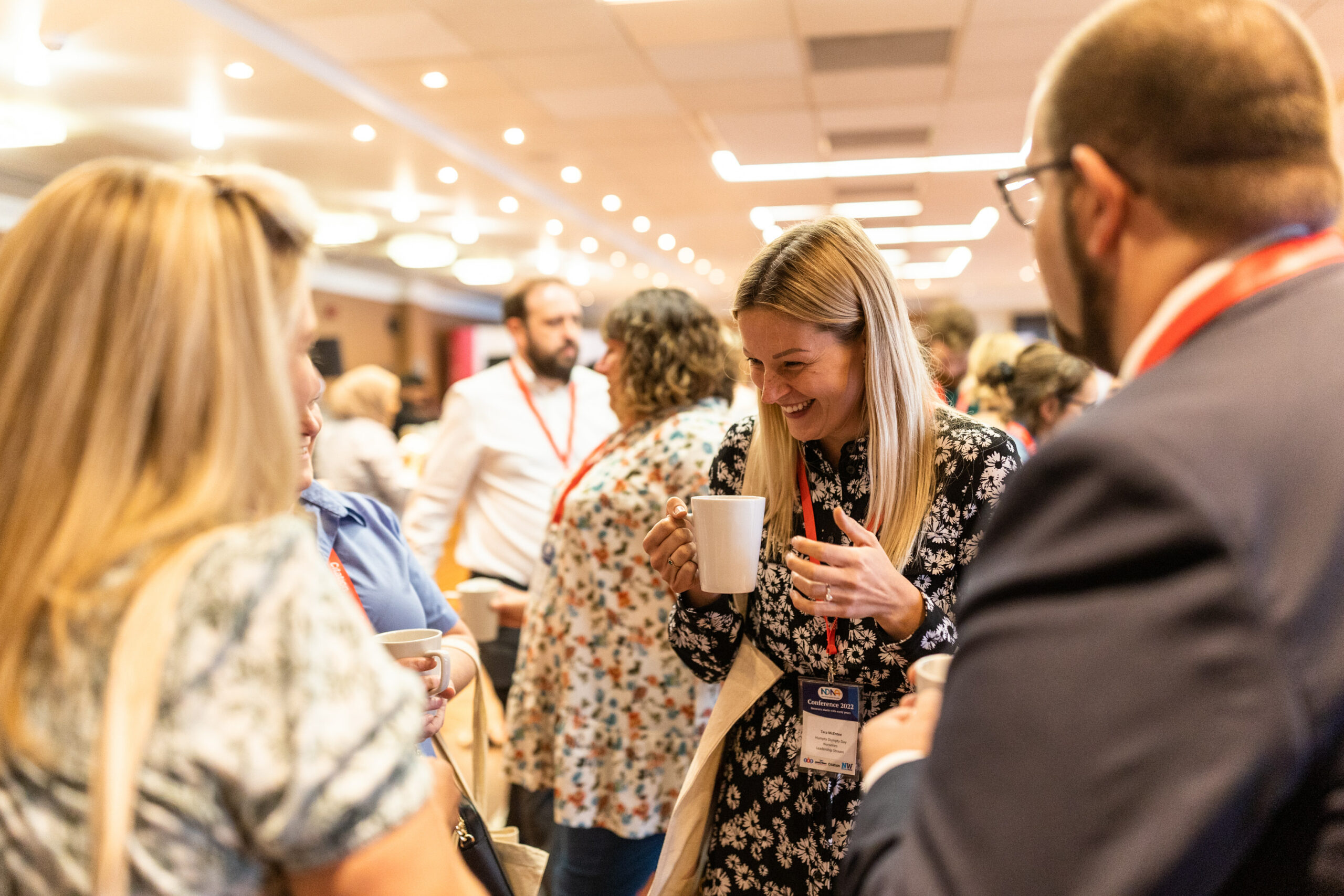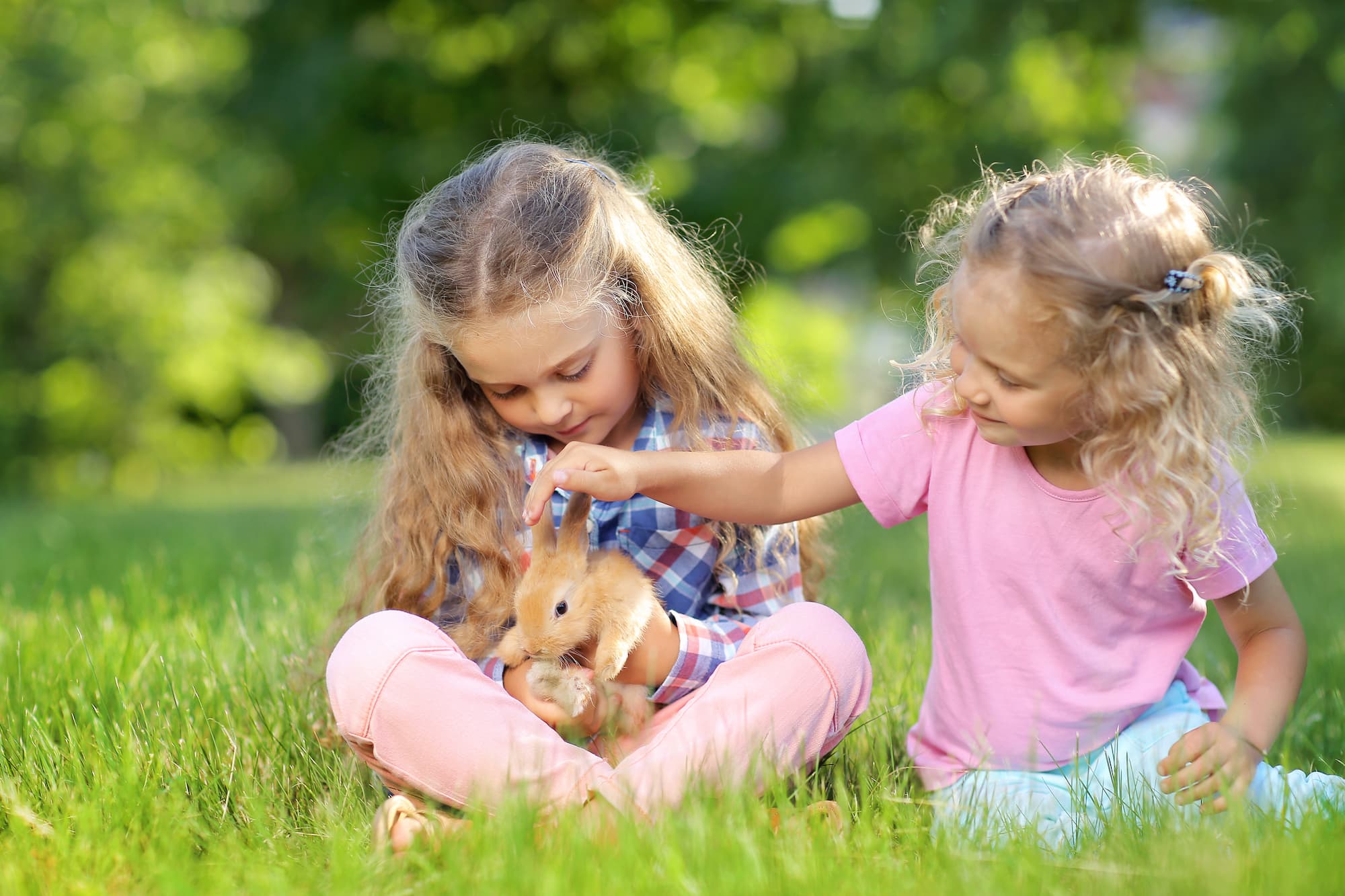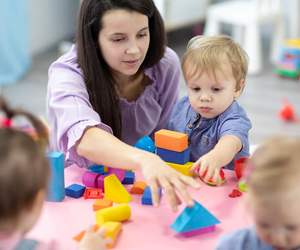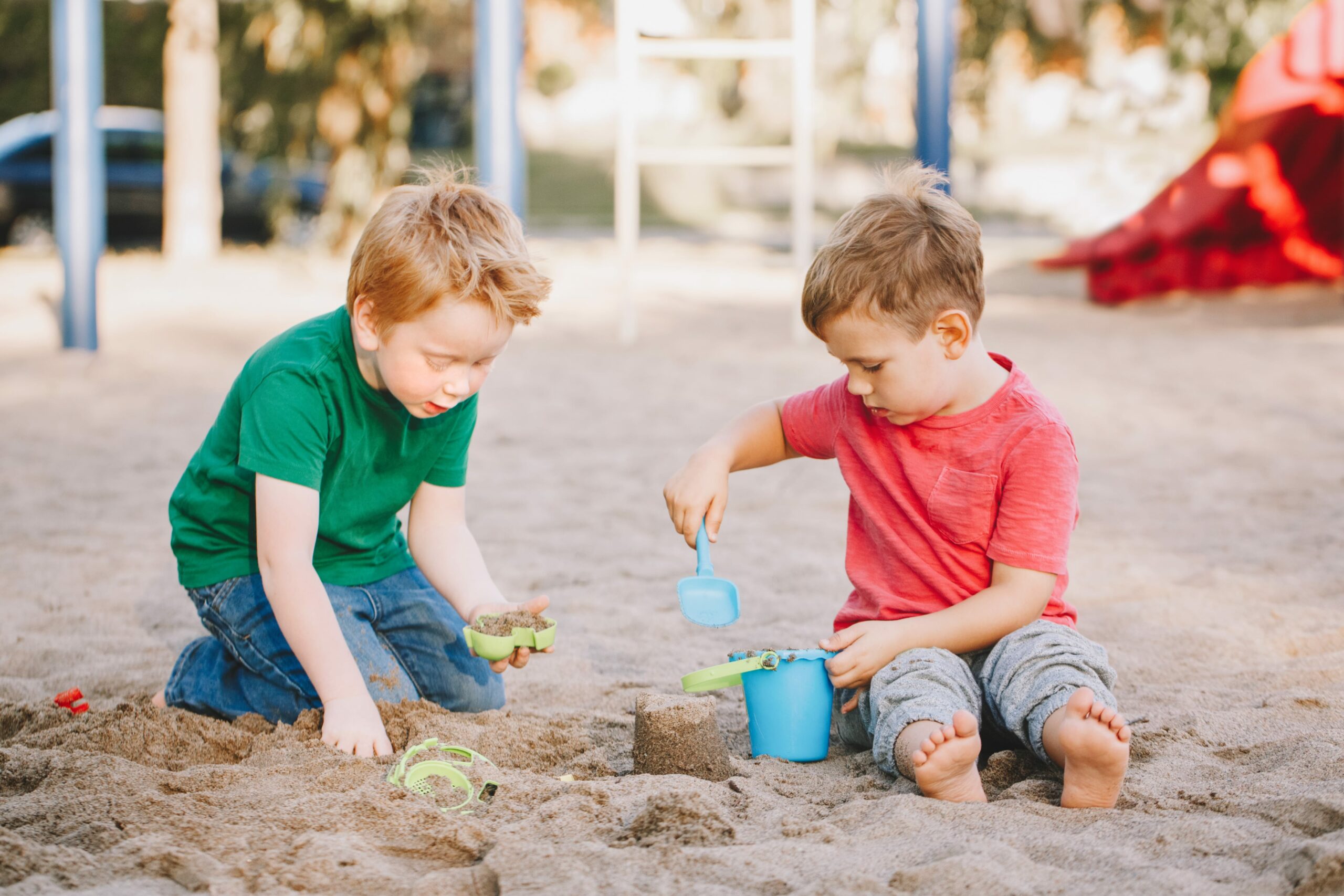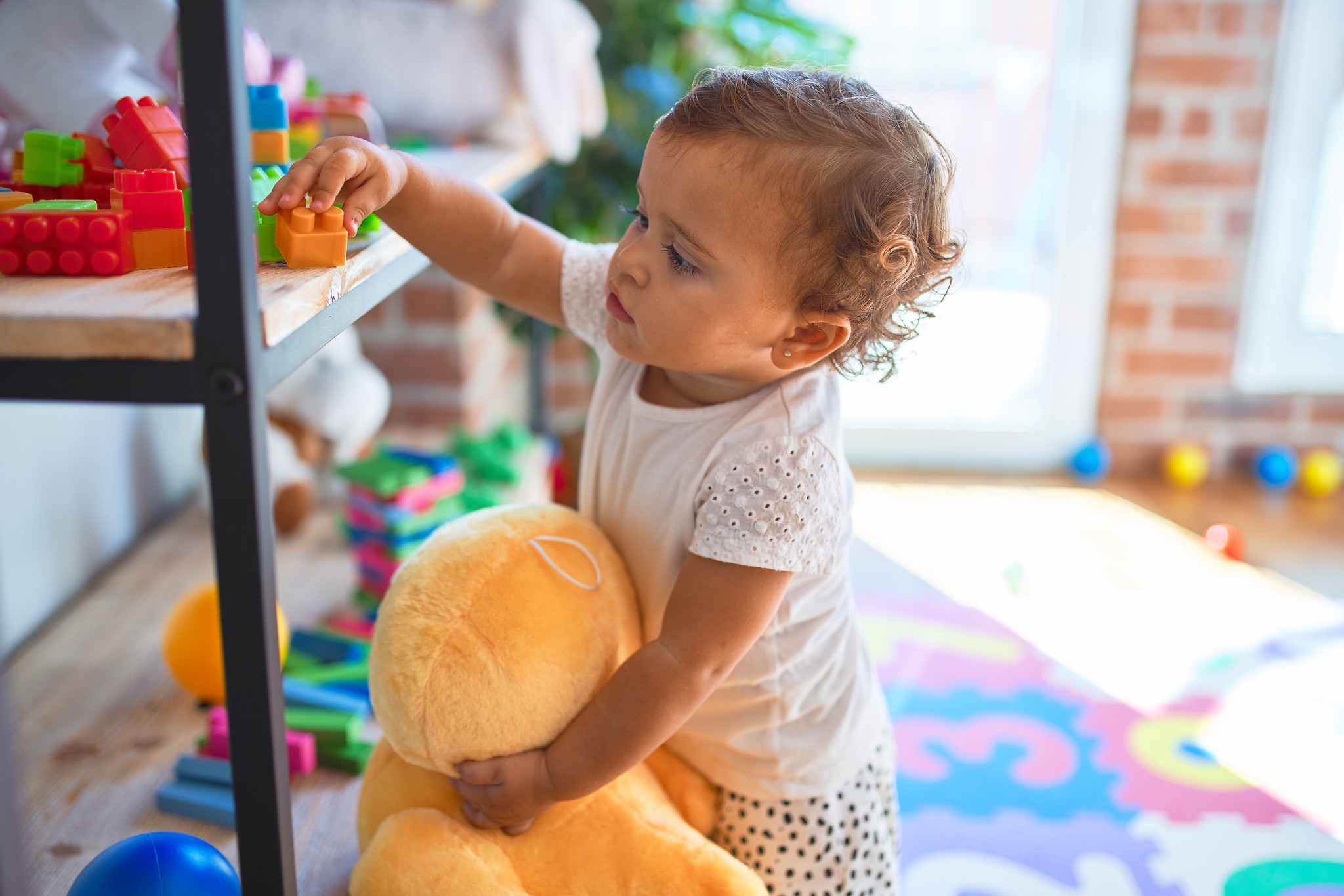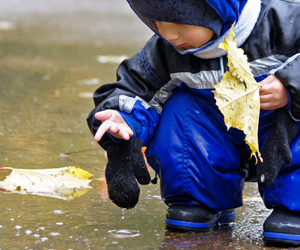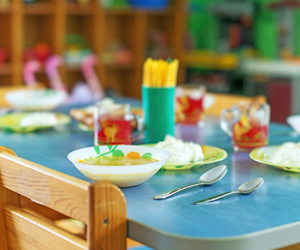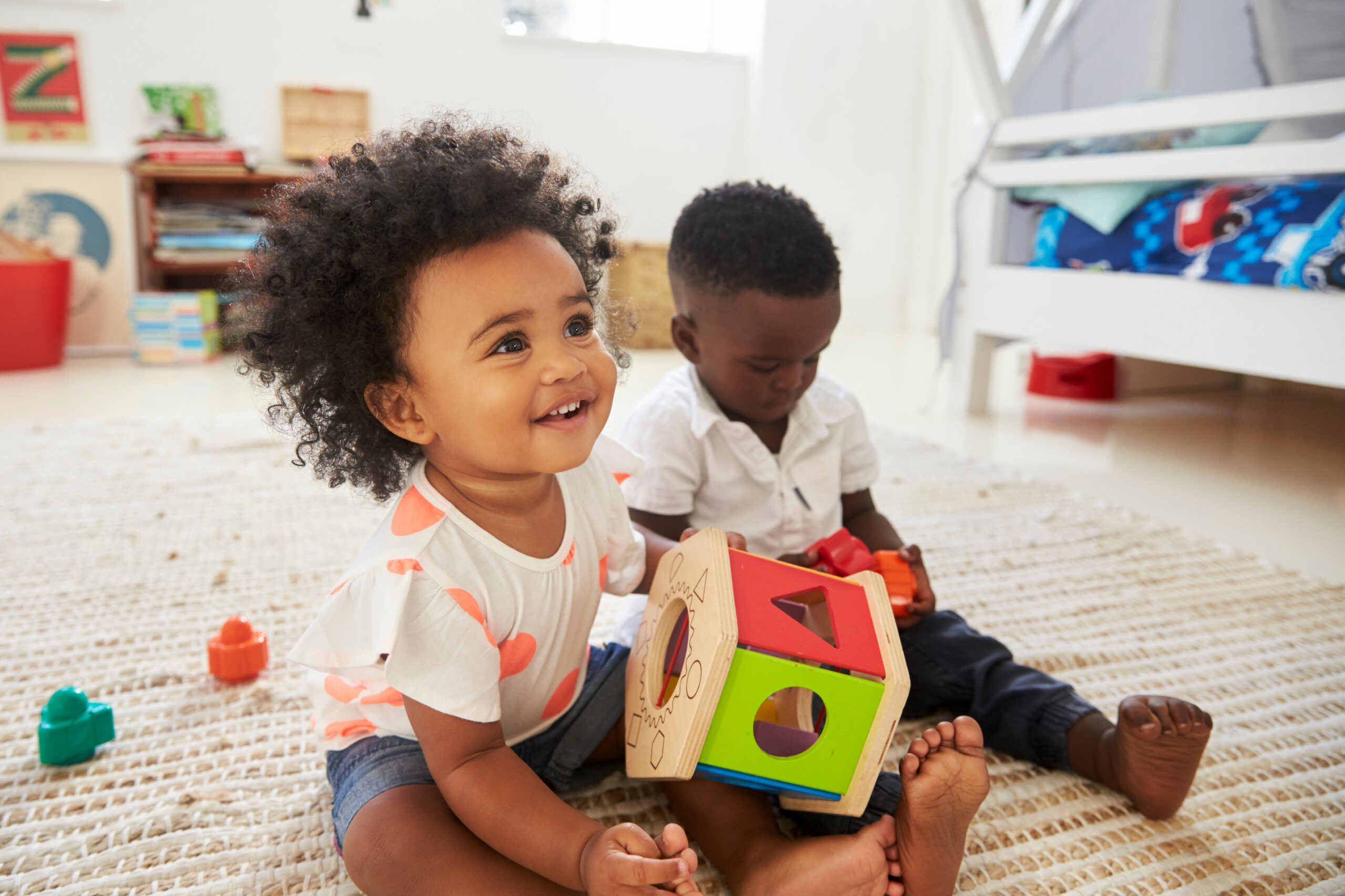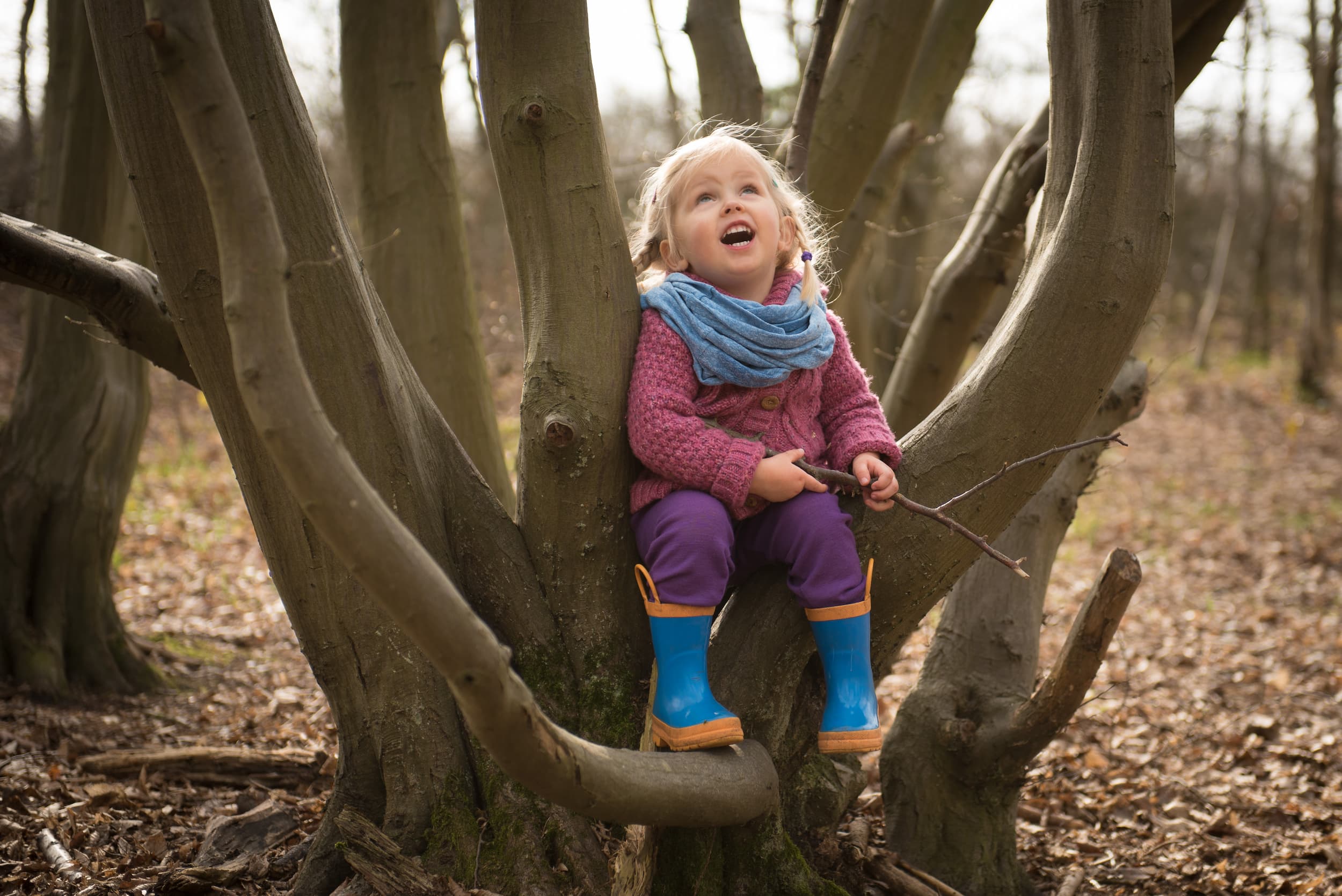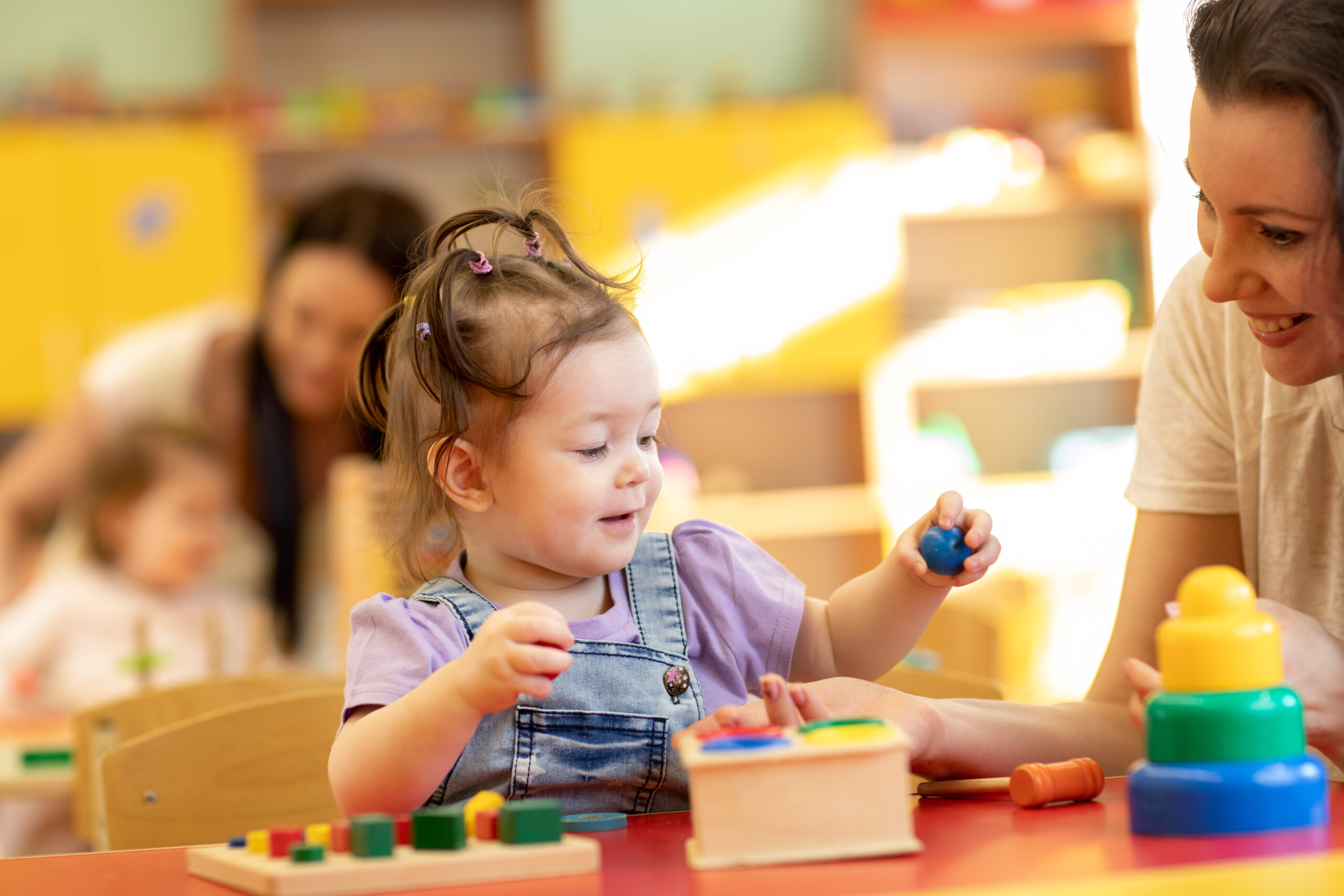Be confident your outdoor environment supports risky play for all children. Duration: Half day Who should attend: PractitionersLevel: Introductory What will I learn? This introductory course gives practitioners the skills to provide the right outdoor environment. Key topics: To book this childcare course for your nursery please call 01484 407070 for a quote or email [email protected] Prices Prices are based on up… Continue reading Outdoor and risky play nursery training
Regions: All
Characteristics of effective teaching and learning nursery training
Vital for lifelong learning – Embed the Characteristics of Effective Teaching and Learning in your setting. Course details Duration: Full dayWho should attend: All childcare practitionersLevel: Introductory What will I learn? This NDNA childcare course will help you understand the three key ‘Characteristics of Effective Teaching and Learning’ – Engagement, Motivation, and Thinking. These characteristics must be central… Continue reading Characteristics of effective teaching and learning nursery training
Brilliant Babies – Working with birth-2 year olds
Every interaction counts – provide the highest quality care to babies and toddlers Duration: Full dayWho should attend: Practitioners new to working with babies or those wishing to refresh their practice.Level: Introductory What will I learn? This NDNA childcare course will show practitioners how they help babies make sense of the world around them. Your role is vital… Continue reading Brilliant Babies – Working with birth-2 year olds
Basic child protection and safeguarding training for nurseries
Nursery providers must train all staff in understanding safeguarding policy and procedures, and ensure staff have up-to-date knowledge of safeguarding issues. NDNA offers two options for basic safeguarding and child protection training for nurseries: online or face to face. Find out about our face to face training below. Face to face training details All NDNA… Continue reading Basic child protection and safeguarding training for nurseries
NDNATalk Wales – live
Our Wales event provides you with the latest sector updates and support in policy and practice from the experts. And best of all? It’s free to members. When: 26 February 2026 – 12:30 to 16:30pmWhere: Ramada Plaza, Ellice Way, Wrexham, LL13 7YHPrice: FREE to attend Speakers include More speakers to be announced soon
NDNA events
NDNA events We strive to keep our valued members informed about the things that matter. NDNA events keep you informed and support you in improving your practice, our speakers share their knowledge and expertise on key topics at these events. Are you looking to promote your products and services to the early years sector? Contact… Continue reading NDNA events
Virtual practice stream workshops
We are excited to share that we have reviewed our agenda and have decided to launch our virtual practice stream workshops. Our practice stream will be available virtually to better suit the needs and access of practitioners throughout the week. Join all workshops for only £25 (incl.VAT) per setting, enabling all your practitioners to improve… Continue reading Virtual practice stream workshops
NDNA Conference: Leadership stream
Our NDNA Conference Leadership Stream is packed with guidance and support for leaders and managers in early years. Join us at the Titanic Hotel in Liverpool on Friday 5th June for: Our conference is open to all managers and leaders. Practitioners can also join our face to face event for a reduced price! Your speakers… Continue reading NDNA Conference: Leadership stream
NDNA Networks
Join forces with fellow members to share experiences and establish a collective voice. By working together, members in NDNA Networks can ensure their views are heard by local authorities. “Working with the Local Authority as a NDNA Chair makes a difference. My voice is heard and respected.” Mohammad Younis OBE – Chair, Peterborough Network “The… Continue reading NDNA Networks
Animals and pets at nursery
They say never work with children and animals, but as we know, working with children is hugely rewarding – so how can a nursery integrate animals and keep nursery pets in its provision? While most early years settings will have toy animals there’s no substitute for the real thing. Interacting with and learning about live… Continue reading Animals and pets at nursery
Autism Spectrum Disorder in early years
The first signs of Autism Spectrum Disorder (ASD) can be diagnosed in nursery-aged children. But what is ASD, and how can you support children at your nursery. Here, Jennifer Warwick, Specialist Speech and Language Therapist, breaks it down for you. What is Autism Spectrum Disorder? In order to receive a diagnosis of ASD, a child… Continue reading Autism Spectrum Disorder in early years
NDNA interviews Tanishq Sheikh
Tanishq Sheikh is an Early Years Trainer working in partnership with NDNA International to support nurseries outside of the UK. In this interview, Tanishq speaks to our NDNA International Early Years Adviser, about the childcare sector in India. How does your work support nurseries in India? I support nurseries in India by designing a curriculum… Continue reading NDNA interviews Tanishq Sheikh
NDNA meet Aga Khan Early Learning Centre
Kelli Allen from Dubai’s Aga Khan Early Learning Centre, winner of NDNA International Nursery of the Year 2018, sat down with our NDNA International Early Years Adviser, to discuss working in an overseas nursery, the EYFS and NDNA membership. What attracted you to work at Aga Khan Early Learning Centre in Dubai? Whilst doing some… Continue reading NDNA meet Aga Khan Early Learning Centre
When should nurseries exclude children for sickness?
With cold and flu season peaking in winter, Julia Sudbury of Cambridge Early Years takes a look at when nurseries should exclude children for sickness. It’s a fact of life that nurseries and childcare settings are common sites for the transmission of illness and infection. But when is reasonable for you to exclude children from… Continue reading When should nurseries exclude children for sickness?
Early years science and outdoor play
What better place to explore science in early years, than outdoors where you can really bring learning to life. Early years consultant and qualified forest school leader, Tricia Pillay, explores some of the ways in which you can explore science outdoors at your nursery. Firstly, what is a scientific study? In a scientific study, we… Continue reading Early years science and outdoor play
Food allergies at nursery
With almost 1 in 12 children in the UK suffering from a food allergy, how can you be sure you are doing everything you can to accommodate food allergies at nursery? What is the best way to care for children with food allergies at nursery? How can you manage the juggling act of multiple allergies… Continue reading Food allergies at nursery
Learning through play in early years
Why play matters For young children, play isn’t a break from learning, it is learning. Through play, children test ideas, practise new skills and new words, develop friendships, take risks, and generally make sense of the world. Neuroscience research tells us that when children are curious, joyful, and active, their brains form stronger connections. Play… Continue reading Learning through play in early years
Setting up a nursery forest school
Early years consultant and qualified forest school leader, Tricia Pillay, explores how you can introduce a forest school to your nursery. Once you have the basics in place for an early years forest school, you will soon notice your children increasing in confidence, developing a ‘have a go’ attitude and persevering when they encounter problems.… Continue reading Setting up a nursery forest school
Ofsted early years inspection: what you need to know
What documents does Ofsted need at your inspection? And how can you demonstrate high-quality practice? Worry not! Our Early Years Adviser will answer all your questions about Ofsted inspections at nurseries in this blog post. What documentation will Ofsted ask to see during your nursery inspection? A full list of documents that the inspector will… Continue reading Ofsted early years inspection: what you need to know
Nursery Ofsted inspections
What happens during nursery Ofsted inspections? What does Ofsted want to see when inspecting your nursery? And just how much paperwork should you be doing? The paperwork myth There are so many myths about the paperwork that nurseries are expected to have “for Ofsted”. Ofsted is actually now much clearer about what it is they… Continue reading Nursery Ofsted inspections


